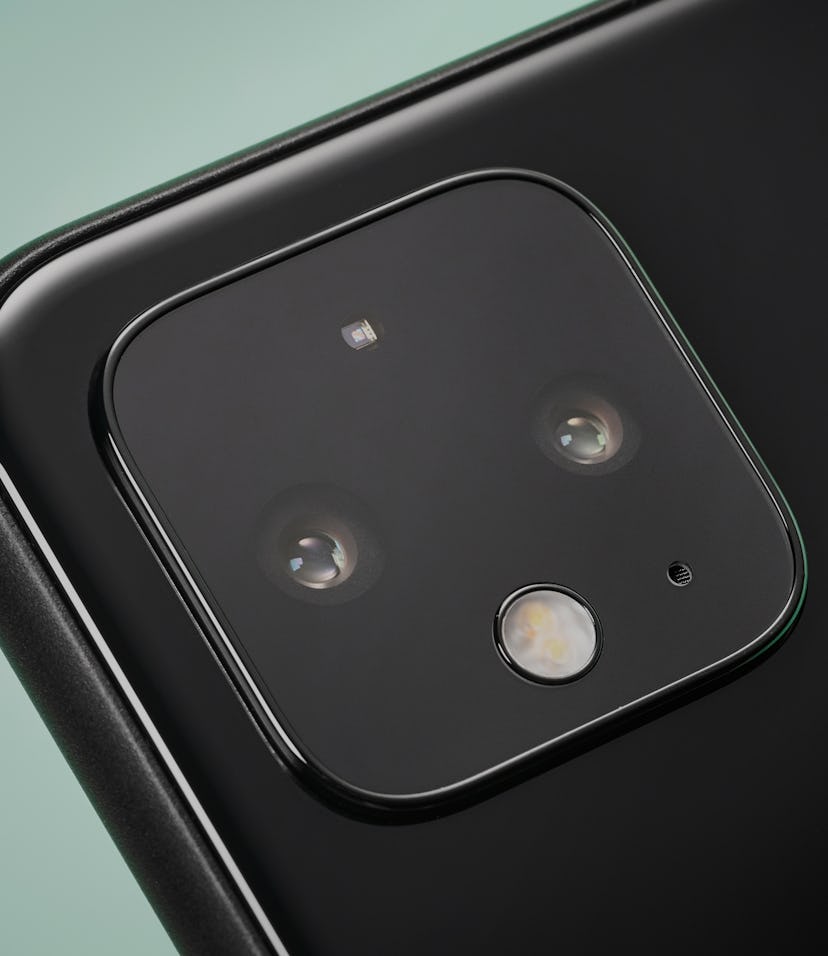Tech
The head of Google's Pixel camera team is making Adobe's camera app
Google's photographic prowess has tended to come from software. Now its resident expert is jumping ship for Adobe.

Google in recent years managed to all but catch up to Apple's lead in smartphone photography with its Pixel phones. Nowadays your choice of smartphone camera may come down to the platform itself, or whether you believe a Pixel's low-light abilities trump the realistic colors out of an iPhone... or vice versa. Google often attributes its rapid rise through the smartphone camera ranks to its computational photography and AI abilities, where the hardware doesn't matter as much as how the onboard software that processes it.
Now Google has lost its lead of computational photography, Marc Levoy, to Adobe where he'll be working on the Photoshop Camera app. It's unclear why Levoy left Google, but the latest Pixel 4 was underwhelming, with The Information reporting that only two million units were sold after six months of sales. A more affordable "4a" version is still expected sometime this year. Whatever the motivation, Levoy and the rest of the Adobe team face an uphill battle: getting anyone to use anything other than their devices default camera app is at least as difficult as getting people to change banks or mobile networks.
Getting a piece of a bigger pie – Right now Photoshop Camera is really just a filter app that offers up some fun backgrounds thanks to Adobe's well-honed deep-etching abilities, but if Adobe were to release an app available for Android and iOS that offers some of the Pixel's abilities, it could be hugely appealing. The challenge, though, would be accounting for the huge array of hardware out there. Photos from Apple's hardware are consistently excellent because of the deep integration between the device and iOS.
Nonetheless, it's an exciting prospect, and one that could prove a boon or Android device makers... other than Google. If Samsung or OnePlus devices can achieve Pixel-like results through software alone, photographic abilities become less of a distinct selling point. The next big question is whether or not Adobe will charge for the app. If it does, that will vastly reduce uptake, especially in the Android community, which is notoriously less-inclined than the iOS crowd to spend money on apps. However, Adobe may choose to make the resultant app free as an advertisement for its other apps and software.
No more camera wars – Alternative camera apps have never really taken off beyond enthusiast groups because they typically offer advanced features that are useful only to expert photographers, and you can't set them as the default camera on devices, which adds friction. But as antitrust lawsuits over that sort of thing ramp up, that could change. Also, if an app offers a sufficiently superior experience to the built-in one phones ships with, people might be convinced to use it.
Levoy is just one person, he's not the whole team behind the Pixel camera. But he could bring a lot of institutional knowledge to Adobe considering he was on Google's smartphone camera team going all the way back to the Nexus days. Whatever he's working on, we're excited to see it and try it.